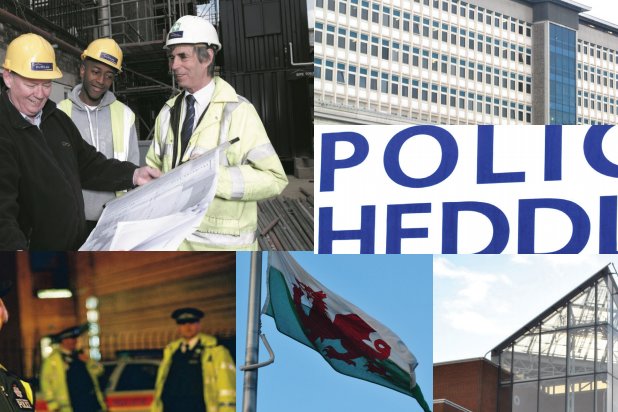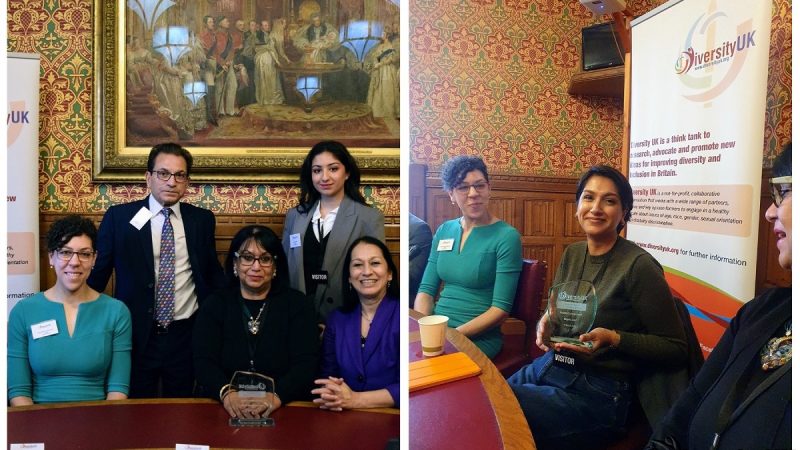Lack of diversity in Wales

Wales remains a country where major decisions are being taken that are not reflective of our country’s diversity, a new report published today by the Equality and Human Rights Commission has found. The Commission's Who Runs Wales? 2017 report looks at key areas of Welsh life, including politics, local government and the private sector, to assess if those making the major decisions that affect our lives are representative of all of us who live in Wales.
Who Runs Wales? 2017 findings include:
- Only 6% of Chief Executives (or equivalent) at the top 100 businesses in Wales are women.
- Only 9% of Council Leaders in Wales are women.
- Only 12% of Chief Constables and Deputy Chief Constables in Wales are women.
- Only 14% of Chief Executives at local authorities are women.
- Only 26% of Councillors in Wales are women.
The report shows some areas of improvement. For example, in the health sector, the percentage of Chief Executives who are women has jumped from ten per cent to sixty per cent since the last report in 2014, which is more representative of the NHS workforce.
For the first time, 'Who Runs Wales?' also publishes information on the number of disabled people who hold public appointments and are in employment in Wales. The stark findings show that:
- Disabled people (declared/known) made up only 3.7% of the public appointments (including reappointments) made in Wales in 2015/16.
- In 2013, 42% of disabled people were employed compared to 71% of the wider Welsh population. In 2015, the employment rate for non-disabled people rose by 8%, but the picture for disabled people remained the same, meaning that the gap has widened.
June Milligan, Commissioner for Wales, Equality and Human Rights Commission, said "the question of who holds the power to influence life in Wales has never been more relevant. Now more than ever, we all need to be confident that the people who make the major decisions that affect our lives represent all of Wales.
"Overall, we report that while there has been some progress, women are still significantly under-represented at the most senior levels in most sectors in Wales. There is important work to be done to support access for disabled people to employment and public appointments and to tackle discrimination, wherever that exists."
Click here to download a copy of the EHRC Who Runs Wales? 2017 report




